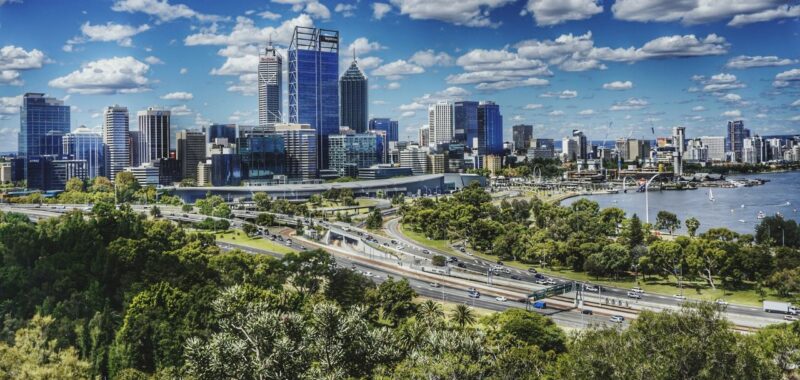The CommSec State of the States report, now in its 16th year, tracks eight key economic indicators and compares the latest data with decade averages to determine which state or territory economy is performing strongest.
Western Australia led on five of the eight economic indicators, including retail spending, unemployment, population growth, housing finance and dwelling starts.
This marks only the second time in a decade that WA has claimed the top position.
Queensland made significant progress, moving up from third spot to share second place with South Australia, which led on economic growth.
Victoria maintained its fourth-place ranking and topped the construction work indicator.
Tasmania remained steady in fifth position, while NSW improved to sixth place, overtaking the ACT which fell to seventh.
The Northern Territory continued to hold the eighth position, though it showed improvement in some areas.
CommSec Chief Economist Ryan Felsman said Australian state economies have demonstrated resilience despite challenging economic conditions.
“Overall, economies have slowed in response to higher interest rates and inflation, however Australian states and territories are proving resilient due to a strong job market and solid population growth,” Mr Felsman said.
“Western Australia’s performance across a number of indicators, namely retail spending, unemployment, population growth, housing finance and dwelling starts powered the state to the top of our economic leaderboard for the second quarter in a row.”
The report also analysed annual growth rates to assess recent economic momentum, with resources-focused states showing the strongest performance.
Queensland claimed first place for economic momentum, with Western Australia close behind in second position.
Victoria showed the most improvement in momentum, jumping from seventh to third place, indicating a strengthening in underlying economic activity.
South Australia also improved, moving from sixth to fourth place.
The Northern Territory fell from third to fifth in terms of momentum, while the ACT and NSW shared sixth position.
Tasmania ranked eighth for economic momentum, with all three jurisdictions affected by higher borrowing costs and slower population growth.
Mr Felsman said that future economic performance will depend heavily on employment conditions and interest rate movements.
“As consumers respond to higher borrowing costs and price pressures, the future path will depend on whether the job market can hold up as well as the trajectory of interest rates over the coming months,” he said.

